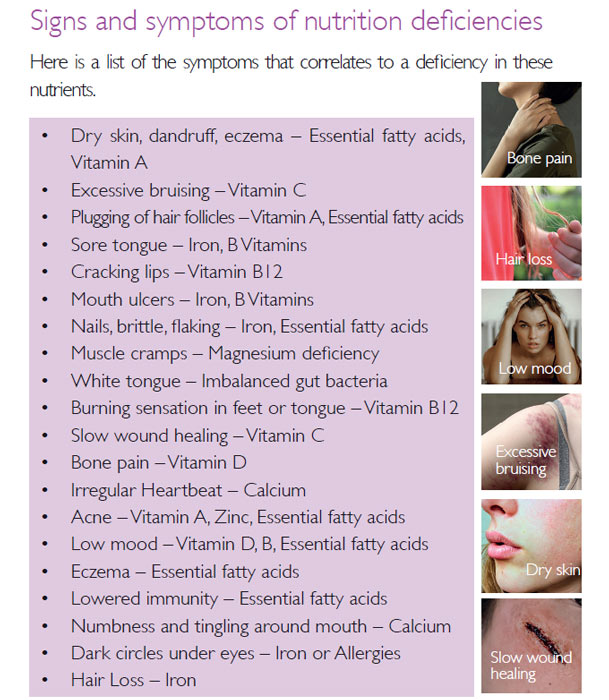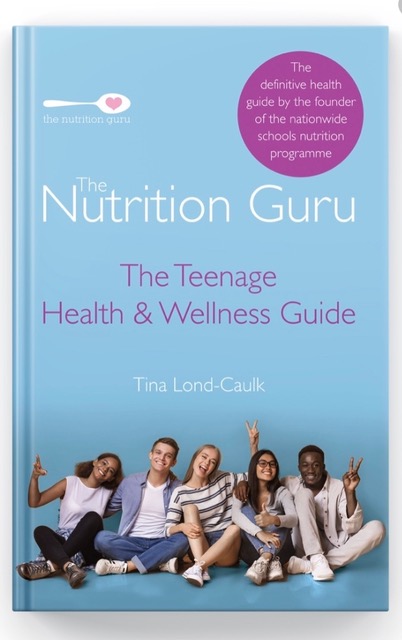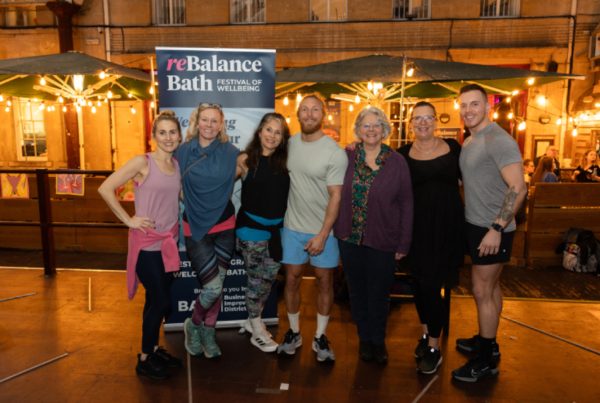Best nutritional advice from Tina Lond-Caulk Nutrition Guru a leading expert on nutrition and health education for teenagers in the UK, working on average with 22,00 students a year for the last 12 years via her Food for Life programme. Many of the top 100 private schools, are invested in her motivational wellness talks and workshops.
Tina: I have worked as a qualified nutritionist for over 20 years, working with a number of high-profile medical practices in Harley Street and the world renowned Lanserhof Medical Clinic. In addition to my first-class BSc Hons in Nutrition, I have completed post-graduate training in behavioural psychology, eating disorders and have a specialist interest in nutrigenomics.

Problems during COVID
Exacerbated by the COVID-19 pandemic, eating disorders and mental health issues are currently at all-time high. Educating this age group on nutrition and creating healthy lifestyle habits has the potential to radically change the chronic disease landscape among adults in the UK. This could also reduce health care costs, so why then is nutrition and lifestyle medicine not part of our national curriculum?
It’s estimated 40-50% of teenagers in the UK will have one or more nutrient deficiencies that can affect how they feel and whether or not they truly thrive each day. Along with essential fats, iron, magnesium, calcium and vitamin D are five of the most commonly occurring nutrient deficiencies in the UK. We estimate teenagers will have one or more of these at any time. These deficiencies can manifest as behavioural disorders, low moods or feeling overwhelmed. Also an inability to concentrate/learn, poor immunity, skin conditions and poor immunity.

- 1 in 10 children deficient in iron, zinc, vitamin A and vitamin D
- Iron 46% of girls had low iron intakes in UK
- 25% of teenage girls fail to consume the minimum daily calcium requirement
- 22% of children aged 11-18 years show low levels of vitamin D
- In Boys and girls aged 11-18 years only 10% of boys and 7% of girls in this age group met the “5-a-day” recommendation
Why are nutritional deficiencies so common?
- Increased need for key nutrients during the body’s development years including teenage years
- Relying on processed or pre-packaged food
- Skipping meals
- Not planning what we eat
- Leaving out food groups; e.g. carbs, fats or protein
- Eating a very narrow range of foods
Our bodies have the extraordinary ability to show us when they need specific nutrients and you can see below a list of signs and symptoms of deficiencies. Let’s take a look at why we get deficiencies.

Teenage eating habits, particularly those of teenage girls, are poor and getting worse, the Department of Health (DH) has claimed. The statistics are overwhelming:
- 1 in 3 children will go on to develop diabetes
- 31% of children age 2-15 are overweight or obese, leading to long-term heart disease and other health implications
- 1 in 20 children in the UK are affected by ADHD and behavioural or learning disorders often linked to poor dietary choices
- 1.6 million young people are affected by eating disorders (14-25 year olds mostly affected)
“Our goal is to help to shape the health, wellbeing and self-esteem of current and future generations through motivational workshops and talks in schools across the country”
‘An adolescent who is healthy is the best foundation for a healthy adult life, which will in turn influence future generations’ health’. The Lancet, Editorial, 28 April, 2012
I recently attended the Nutrition Society conference on ‘Breakfast consumption and learning in teenagers’.
The scientific evidence and real-world impact conference
Prof. Louise Dye and Dr. Katie Adolphus – University of Leeds
Alarmingly a third of 14 and 15-year-old girls skip breakfast to lose weight, a study by the Schools Health Education Unit has warned, leaving them unable to focus and concentrate at school.
Children and teens often have a longer overnight fast, leaving them with low glucose stores on waking. Learning on an empty stomach reduces their readiness to learn and academic outcome. Most of the heavy academic curriculum is taught in the mornings so having breakfast is critical.
We know that over the course of the morning teenagers’ cognitive performance does decline in line with their blood sugar levels. Ideally a low GI (glycaemic) nutrient-rich breakfast including all food groups (protein, fats, and complex carbohydrates) is what’s needed.
Evidence shows that breakfast consumption also leads to more physical activity. Without breakfast, studies show teenagers report feeling sluggish and an inability to concentrate. Breakfast eaters report improved mood, cheeriness and an improved ability to concentrate.
Breakfast tips
The results of their meta-analysis of breakfast consumption showed consistent positive benefits on adolescent cognitive function, learning, concentration, and academic outcomes.
Simple breakfast ideas include;
• Eggs, wholegrain toast
• Wholegrain toast with nut butter
• Wholegrain low sugar cereal e.g. porridge with fresh fruit
• Overnight oats with fruit
• Full fat greek yoghurt (sugar free) with low sugar granola and fruit
• Smoothies with oats, nut butter and fruits (frozen works well too)
• Wherever possible encourage consumption of a palm-sized portion of unsalted nuts and seeds with breakfast. These are a great source of essential fats, fibre, and a powerhouse of slow-release nutrients.
The book

Drawing on the combined power of my clinical work and work in schools, I wanted to share and condense my knowledge with a self help book. The Teenage Health and Wellness Guide – targeted specifically at 11-22 year olds. Within the 240 pages I set out age-appropriate, user friendly scientific information on nutrition, health and wellbeing with a simple recipe section at the end.
The Nutrition Guru – The Teenage Health and Wellness Guide is available from www.thenutritionguru.co.uk website now.
15% of all profits will be donated to Fareshare.org.uk, is the UK’s largest charity fighting hunger and food waste.
You may also enjoy reading:




